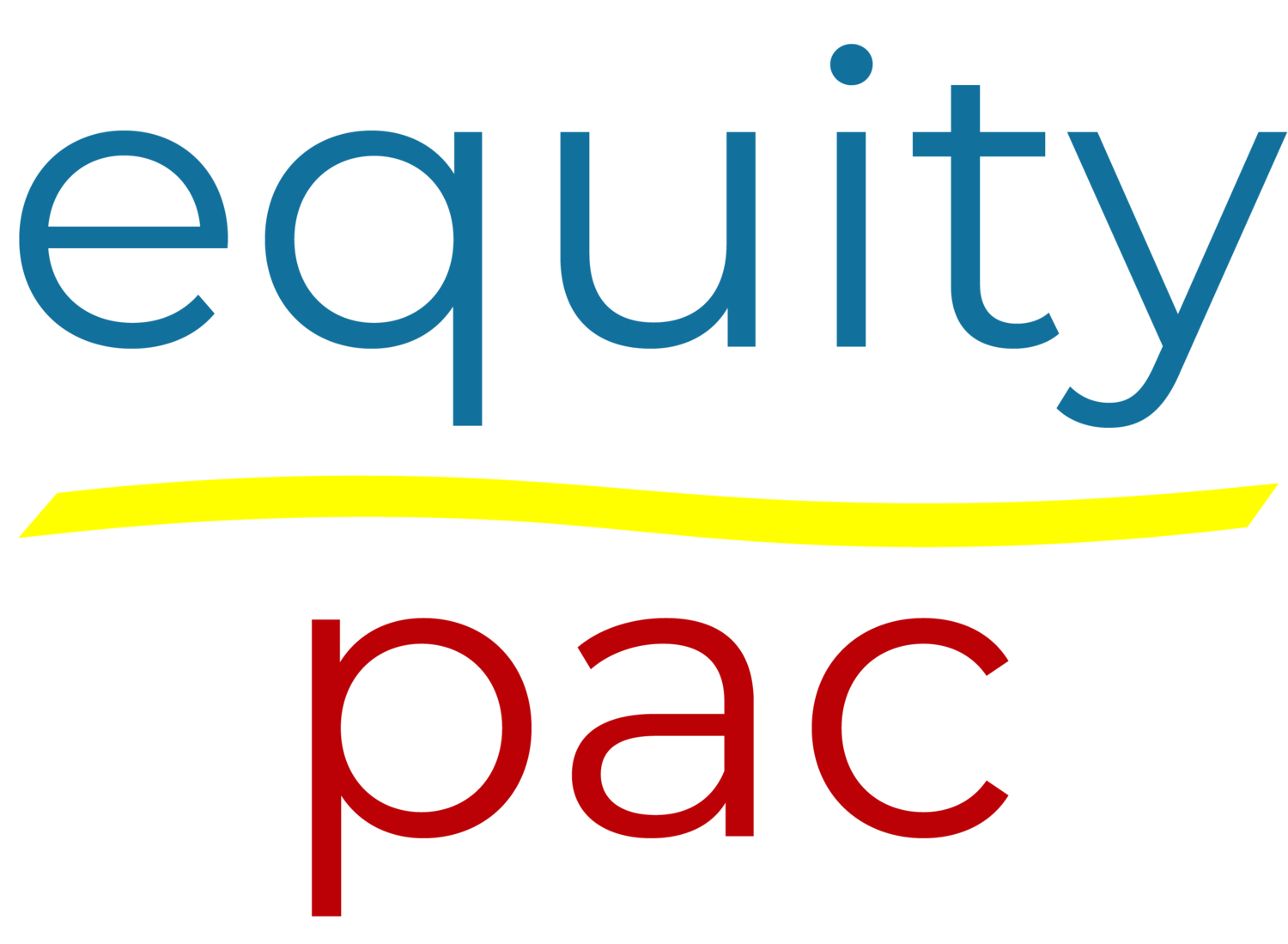Rush to find $5M for “police community relations” brings questions for equity-minded citizens
Less than two months ago, Grand Rapids City Manager Greg Sundstrom asked the City Commission to fund recommendations resulting from Lamberth Consulting’s traffic study on racial bias. The City Commission rejected this “knee jerk” reaction. First Ward Commission Jon O’Connor said, “I don’t think it’s good to react with knee-jerk reactions to things. I think we should go methodically, with intentionality as we make these decisions.”
The leadership at Equity PAC agrees that intentionality is vitally important in addressing police violence and bias against citizens. Which is why we are surprised as to why the City Commissioners would, on one hand, reject a “knee jerk” reaction to recommendations from an objective researcher, but push forward a $5M allocation with little direct community engagement on short timelines and no specific plan on how the money will be used.
We understand that resources will be needed down the road for recommendations that may come from the Lamberth Consulting list, SAFE recommendations, or items that are coming out of local community meetings.
At the same time, we are very concerned that what sparked much of this concern and action was two major events, and it is unclear if the path laid out will address the core of those two events. First, 5 unarmed black boys were held at gun point by the Grand Rapids Police Department early in 2017. Second, the recent traffic study that demonstrates black and brown people in Grand Rapids are likely to be targeted and harassed by the Grand Rapids Police Department.
Given these events, it seems solutions should start with police procedure and policy changes such as implicit bias testing of police and accountability for those police that continue to act on their bias, increased cultural sensitivity and de-escalation training for police, and a real, concerted and planned effort on the part of the city to diversify their entire workforce, including police. This was the spirit of the 12-point plan and the recommendations from the Lamberth study.
It remains unclear if a rush to put resources toward a solution is smart or equitable government — to fund solutions yet-to-be-defined with no clear mechanism for ensuring the solutions are evidence-based or community-driven. Our biggest fear is whether this will result in simply more police rather than good, community-driven solutions. While it’s clear that is not the stated intent of some of the city commission, does an allocation leave the door open? There has been an extraordinary 25 year decline in crime nationally. Our city does not need more police. It needs a more engaged, empathetic, solutions-oriented police force.
A decision like this requires diligence on the part of the community. Our community has perceived the 12 point plan to be poorly implemented, traffic study science was refuted by the police, and rifles were placed in police cars with no community engagement. The track record for police reform at the city government level has been fraught with contention and politics. That is why we recommend that the city commission, before making the decision to allocate this $5M, clearly articulate how this decision incorporates principles from their commitment to Racial Equity Here, ensuring that the city does not perpetuate disparities in this budget process.
We also ask all Equity PAC members and all community members to contact their city commissioners before June 13, when these decisions will be made, and ask:
How does the City Commission plan to ensure that the allocation and purpose of the set aside are guided by community voice and rooted in equity?
What are the city services and investments we sacrifice to make this $5M investment?
Why can’t the city take this money out of the police budget if this is about community and police relations? [the police budget currently stands at $51M out of $136M]
Can you guarantee this won’t result in the hiring of more police officers?
Under what department budget will this fall?
We struggle with the uncertainty of any of these questions and remain concerned about how certain we are that these funds would ultimately be decided by the community, and in the community’s interest. We are laser-focused on remembering that this is not about more police, it is about police reform that ensures better policing outcomes for people of color in Grand Rapids. Can you trust your city to ensure the people’s voice will be heard over police union interests? Ask your city commissioners how they will connect these resources to the voice of the people.
Originally published June 7, 2017 on Medium.com.


